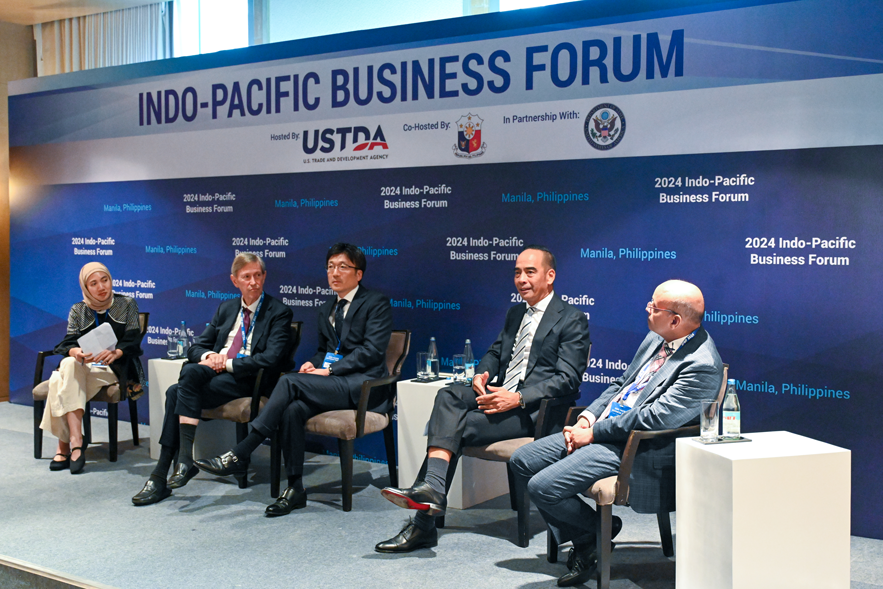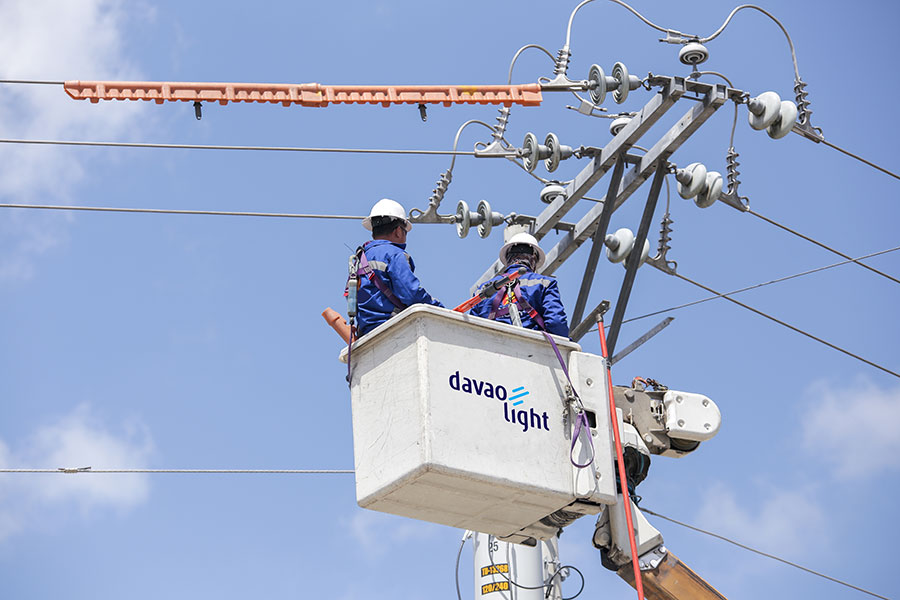Citing “people” as the most valuable resource in organizations, Aboitiz Power Corporation (AboitizPower) President and CEO Emmanuel Rubio said that, in the case of the electric power industry, competent analysts, project managers, business developers, modelers, and many more are a very limited resource amidst a competitive global and local market for talent.
Speaking in a breakout panel during the 2024 Indo-Pacific Business Forum, the outgoing AboitizPower executive suggested that each country tap into their competitive advantage then have the region work together to further maximize the benefits for all members.
“If we really would like to move forward, one of the things that we can consider is developing centers of excellence in different countries,” he explained. “Maybe Thailand can specialize in one area [and so can] the Philippines, Indonesia, [and so on and so forth]. Maybe that’s something we can actually consider in terms of regional cooperation. Talent is critical.”
The panel recognized that developing and retaining a skilled workforce for the clean energy transition is a universal challenge that does require collaborative efforts.
In that respect, AboitizPower and its partner JERA Co., Inc. — Japan’s largest power generation company — are working together and exchanging talents to share manpower and learn from each other’s expertise and experience.
Last year, a Philippine Power Industry HR Forum presented by the American Chamber of Commerce of the Philippines, Inc. and AboitizPower found that skills and competency gaps or mismatch and a limited talent pool were among the most cited challenges in the human resources field in the Philippine energy sector.
On a clean energy transition in the Philippines
Specific to the development of renewable energy capacities in the Philippines, Rubio commended the Green Energy Auction Program (GEAP) and the electricity spot market for providing an avenue for uncontracted capacity. Both serve as incentives to build more renewable energy facilities.
“In the Philippine context, if you participate in the GEAP and you win in the auction, then you’re guaranteed a revenue stream,” he said. “Other than that, AboitizPower believes in the system we have. We have a spot market that works… We’re one of the first investors in the Philippines to invest significantly on the privatization project by the government… It’s a vote of confidence in the system that’s in place in the Philippines.”
Nonetheless, Rubio acknowledged existing challenges, including the lack of a transmission connection especially for renewables like hydro and wind that can only be harnessed from the location of the resource. He also pointed out the intermittent nature of solar and wind power that justifies the need for a diverse energy mix that can provide reliable and dispatchable power in sync with the demand pattern of consumers.
“We need to accept the constraints of variable renewable energy but we also need to be creative in tapping solutions to make sure we are actually addressing the targets,” Rubio maintained.
Aligned with the Philippine government's target of a 35% renewable share in the nation's energy mix by 2030 and 50% by 2040, AboitizPower had indicated its goal to build 3,700 megawatts of new renewable energy capacity en route to 4,600 megawatts by 2030. This includes projects in solar, wind, geothermal, hydro, and energy storage systems.
“We will [be expanding our capacities] with much less carbon intensity and that will be our contribution,” Rubio added, while also mentioning the inclusion of liquified natural gas as a transition fuel to address intermittencies. “We believe that energy security — providing Filipinos with reliable and competitively-priced power — is also as important for the country as transitioning to cleaner fuel.”



